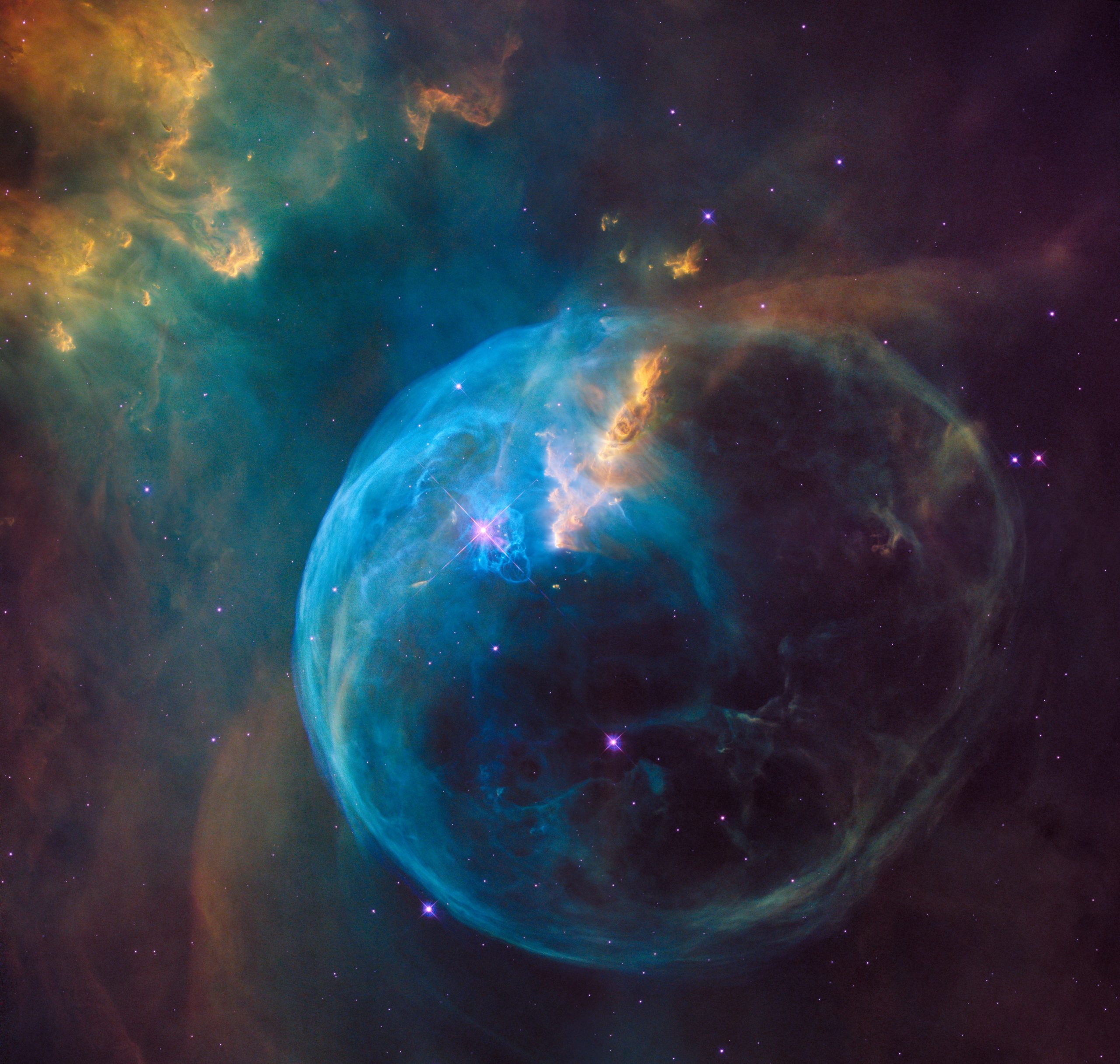Do Menstrual Cycles Follow the Moon?
For centuries, people have been fascinated by the moon’s influence on various aspects of life. From tides to planting crops, lunar cycles have been attributed to many phenomena. One question that often comes up is whether menstrual cycles in women align with lunar phases. In this blog post, we will explore the relationship between menstrual cycles and the moon, analyze the evidence, and separate fact from fiction.
The Moon and its Influence
The moon has played a significant role in mythology, folklore, and even scientific studies. Its gravitational pull affects ocean tides, and some argue that it may have subtle effects on human bodies as well. Given that the moon’s orbit spans approximately 29.5 days, it seems reasonable to speculate whether women’s menstrual cycles, which typically range from 21 to 35 days, may be influenced by lunar phases.
Let’s examine the available evidence and theories to determine if there is any support for the idea that menstrual cycles follow lunar patterns.
The Connection Between Menstruation and Lunar Phases
The idea of menstrual cycles aligning with lunar phases is not a recent one. Ancient civilizations, such as the Mayans and Greeks, believed in this connection. They even named the moon after the Greek goddess of menstruation and childbirth, Selene.
However, empirical evidence to support this notion is scarce. Modern studies examining the correlation between menstrual cycles and the moon have produced conflicting results. Some studies have found a potential association, while others have debunked the idea.
The Research and Studies
In a study published in the American Journal of Obstetrics and Gynecology in 1980, researchers analyzed the menstrual cycles of 305 female volunteers over a 10-year period. They found that 29% of the women had menstrual cycles that aligned with lunar phases. While this study provided some initial support for the hypothesis, subsequent research failed to replicate these findings.
One study conducted in 1996, published in the British Medical Journal, followed over 800 women living in rural Bangladesh. The researchers found no significant correlation between menstrual cycles and lunar phases. Similarly, a study published in the Journal of Psychosomatic Obstetrics & Gynecology in 2006, which included 148 participants, also failed to establish a connection.
Another study conducted in 2013, published in the journal Human Biology, analyzed the menstrual cycles of 74 women over a period of seven years. Once again, no statistically significant correlation between lunar phases and menstruation was found.
These studies highlight the lack of consensus and robust evidence regarding the relationship between menstrual cycles and lunar phases. While some early research hinted at a potential connection, more recent and larger studies have not found any definitive proof.
Possible Explanations for the Myth
Despite the lack of scientific evidence, why does the myth of menstrual cycles following the moon persist? There are several possible explanations:
- Confirmation bias: Humans tend to notice patterns and reinforce beliefs that align with their preconceived notions. Individuals who believe in the lunar influence on menstrual cycles may selectively remember instances that support their beliefs while disregarding contrary evidence.
- Psychological influence: The power of suggestion and placebo effects may play a role. If someone strongly believes their menstrual cycle aligns with lunar phases, they might perceive patterns that don’t genuinely exist.
- Cultural and historical influences: Ancient beliefs and cultural narratives have contributed to the perpetuation of this myth throughout history.
The Complexity of Menstrual Cycles
It is essential to recognize that menstrual cycles are incredibly complex and influenced by various factors, such as hormones, genetics, and overall health. The idea that one astronomical body alone could govern such a intricate biological process seems unlikely.
Additionally, individual variations in menstrual cycle length and irregularities further complicate any potential relationship with lunar phases. Menstrual cycles can be affected by stress, lifestyle changes, hormonal contraception, and other factors unique to each woman.
In Conclusion
Although the idea of menstrual cycles following lunar phases may have a long history and cultural significance, scientific evidence supporting this concept is lacking. Larger and more recent studies fail to provide substantial support for a connection between menstrual cycles and the moon.
While it’s interesting to explore the role the moon plays in various aspects of life, the influence on a woman’s menstrual cycle does not currently hold up to scientific scrutiny. Menstruation is a complex biological process influenced by a multitude of factors, making it unlikely for a single celestial body to play a significant role.
As we continue to study the human body and our world, it’s essential to separate myth from reality. While the moon may evoke wonder and awe, its influence on menstruation remains, for now, a captivating myth rather than a scientific fact.
Table of Contents
